“The 1996 Constitution Takes Care of Particularities In Cultures”
- Par Eulalia AMABO
- 17 May 2022 11:11
- 0 Likes
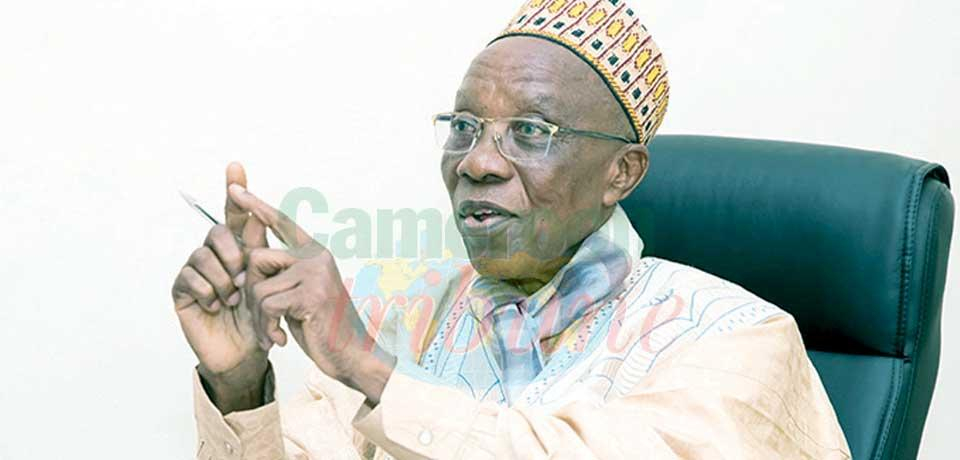
Chief Nfor Tabetando, Vice President of the Senate.
Going by the history of Cameroon, in 1996, it became a decentralised unitary State. How is this form of government organised?
State management is a science which is borne by individuals based on the political and economic changes which the leader (Head of State) conceives to put in action. This is a pointer to whatever form of government he is going to come up with. The question of unitary State dates back to 1972. The then President, was faced with the situation of multiple and regional governments (West Cameroon and East Cameroon having two Houses of Parliament). This created heavy load on administrative, political and financial management. They then thought it wise that it was best for all to be merged into one, that is the West and East Cameroon Houses of Parliament were going to be dissolved and have a Federal House of Assembly. This concept was welcomed.
Moving from the unitary State to a decentralised unitary State is simply what developed countries like Great Britain practice as modules of governance. That is, you give each region or whatever name the system in place decides to call it, the opportunity to develop themselves, but all having one centralised control system. Some ideas may be accepted at a particular moment, but eventually, they are going to metamorphose because of changing circumstances and challenges in the world. Decentralisation has its own merits. As it is in Cameroon now, we are decentralised and then we have been given powers to manage our own affairs. The 1996 Constitution takes care of the particularity of the cultures that existed amongst the English people so that they can handle their matters as during the British system of indirect rule. The current state of things invokes the Special Status of the two English Regions, going back into their tradition of House of Chiefs and Regional House of Assemblies. A decentralised unitary State enables regions to fashion out regional development and financial schemes for their various communities. It is a colourful system of governance. It a government and the management of the people by giving back to the people. Simply put, it is a federated system but with the government at the centre control.
What justifies the evolution of this system of government from a unitary State to a decentralised unitary State?
Resources at the time and the challenges of development. The main objective was to speed up development in the various regions by giving them the powers and opportunity to champion their advancement proc...
Cet article complet est réservé aux abonnés
Déjà abonné ? Identifiez-vous >
Accédez en illimité à Cameroon Tribune Digital à partir de 26250 FCFA
Je M'abonne1 minute suffit pour vous abonner à Cameroon Tribune Digital !
- Votre numéro spécial cameroon-tribune en version numérique
- Des encarts
- Des appels d'offres exclusives
- D'avant-première (accès 24h avant la publication)
- Des éditions consultables sur tous supports (smartphone, tablettes, PC)






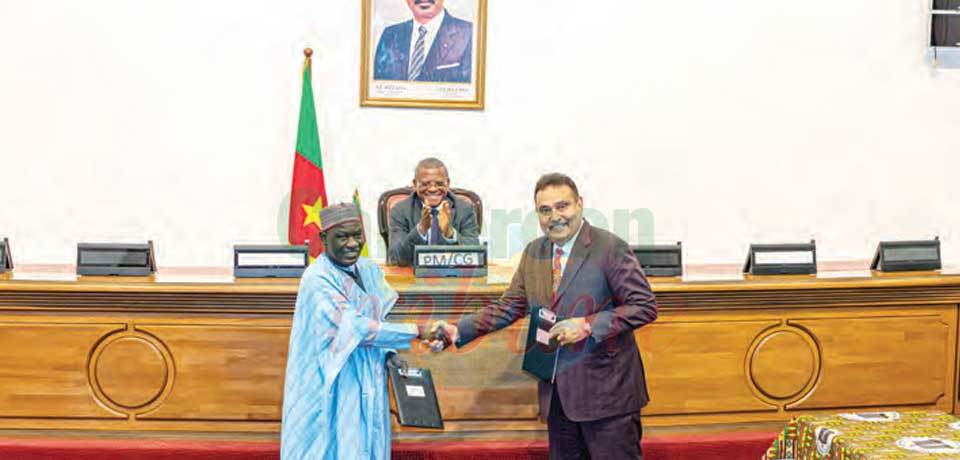
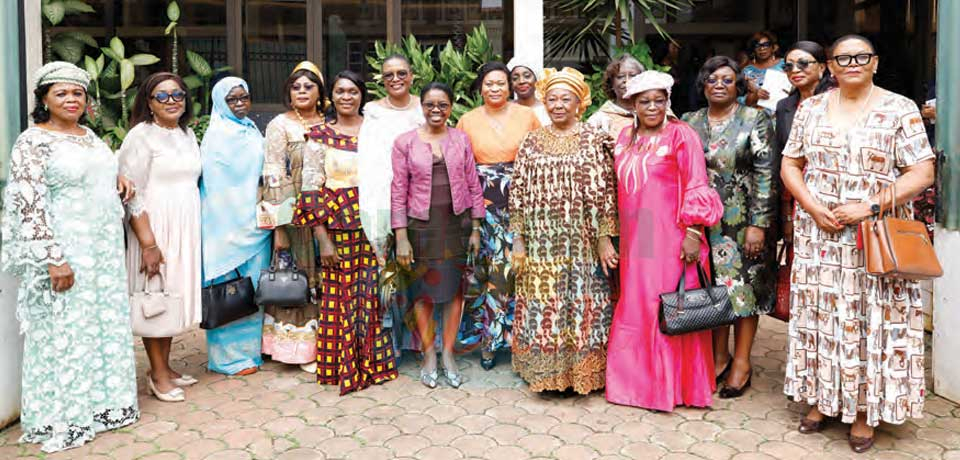
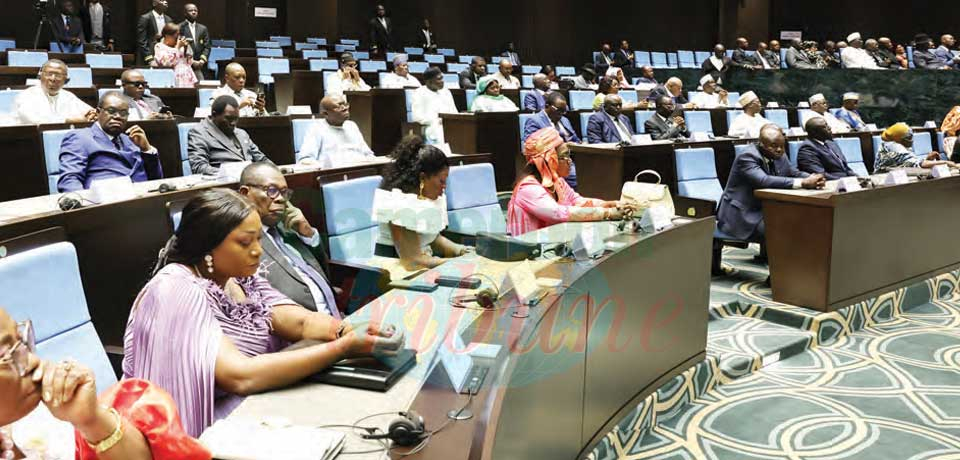
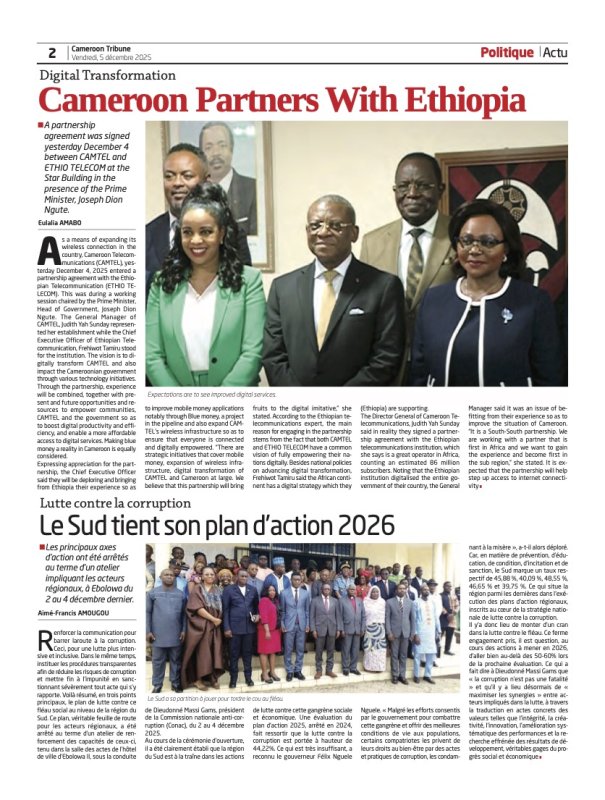




Commentaires